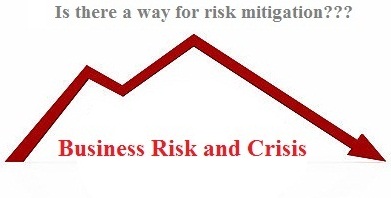Will Employers Run Background Checks on You?

Employment background checks don’t have to slow down the hiring process or cost too much. Using a reliable source like Unmask for information and cooperating with an accredited agency will ensure legal compliance, save time and money, and honor consumer privacy.
Companies can be tempted to to use a fast and cheap online background check service to get more information about an applicant. After all, it’s completely legal to do so. The problem? They aren’t allowed to use this information to make a hiring decision because this service will not have the official status of a reporting agency complying with all pertinent legislation. What’s more, the information might be inaccurate, and job candidates also have to give prospective employers written consent to explore their background.
The Short Answer
The short answer to the title question: if they do, you have to know about it and consent to the check. Still, many job candidates express concern that they could be subjected to a background check without permission. After all, a lot of social media information is freely available. The employer might search social networks to “get an idea” of what the applicant is like. This is a violation of privacy. If the employer uses this information as the basis of a decision to reject the applicant, they face legal action.
There’s also the risk of jumping to conclusions based on false information. For example, the employer might be looking at an account that belongs to someone with the same name as the candidate.
An Employer Needs Permission to Screen Candidates
If an employer wants to run a background check on you, they must comply with the Fair Credit Reporting Act, which has rules in place to protect people from inaccurate data in their consumer and credit reports. The act dictates who gets access to the findings, who can provide the information revealed, and the reasons that justify obtaining a report. It also allows job candidates to view and dispute the data taken by the employer as the basis for a hiring decision.
Employers who screen their candidates request the latter sign a written consent form. This should be separate from the application. The form must specify that a background check will be carried out, any required identifying information, that the findings will be used to make a hiring decision, and the type of screens to be obtained. Candidates must be informed that they are entitled to a copy of their background check report.
After “Failing” a Background Check
It may emerge that the candidate has a previously undisclosed criminal record. This doesn’t automatically disqualify them because companies have to take certain steps before making a decision based on background check results. The first step is verification. In other words, measures must be taken to prove without a doubt that the report actually belongs to the applicant. This is why choosing a reputable background check provider is of paramount importance. Professional services have processes in place to make sure the report quality is as high as possible.
Another important step refers to what’s called pre-adverse action. This is where the employer tells the candidate that some of the information revealed may result in a decision to reject them. The candidate gets not only a copy of the report but also a reasonable period of time to dispute the findings as well as a summary of their rights under the FCRA.
Finally, the company sends the candidate an adverse action notice, stating they have withdrawn the job offer because of the information revealed. If the information turns out to be inaccurate, the company may decide to proceed with hiring.










![How US Small Business Owners Can Prepare for Unexpected Expenses [2026 Guide]](https://mymanagementguide.com/wp-content/uploads/2026/02/small-business-loans-guide-80x80.webp)



